Chancellor James C. Schmidt | University of Wisconsin-Eau Claire
Chancellor James C. Schmidt | University of Wisconsin-Eau Claire
Emily Casey, a graduate from the University of Wisconsin-Eau Claire (UWEC), has turned her personal challenges into a source of motivation for her career in social work. Casey faced significant difficulties during her first year at UWEC due to two severe concussions that led to a lasting traumatic brain injury. "In the fall of my first year at UWEC, I suffered two severe concussions that have resulted in lasting traumatic brain injury," she said. Despite the hardships, she chose not to leave college and instead shifted her focus to social work with encouragement from a friend.
Her transition into social work was supported by faculty who connected her with Services for Students with Disabilities, which provided accommodations such as extra exam time and digital resources. “My friend knew that I needed accommodations and added support,” Casey explained. These measures allowed her to continue pursuing her education while managing the effects of her injuries.
As part of UW-Eau Claire's Celebration of Excellence in Research and Creative Activity, Casey participated in research on student health impacts related to cannabis use, mentored by Dr. Aaron Willis, an assistant professor of social work.
Casey expressed that these experiences fueled her passion for helping others, especially those facing similar challenges: “Since discovering how I could continue in school and succeed with the proper supports, I’ve grown in my passion for helping others.” She also added certificates in gerontology and mental health/wellbeing to enhance her ability to advocate effectively for diverse clients.
Her internship with the Brain Injury Association of Wisconsin (BIAW) enabled Casey to directly assist individuals with brain injuries like hers. The experience included advocating for increased federal funding during a visit to Washington D.C., where she shared insights about financial needs: "That is just not enough funding."
Dr. Lisa Quinn-Lee praised Casey’s natural advocacy skills and dedication: “It is common to say one is an advocate, but not as many people act and follow through.”
Looking ahead, Casey plans to focus on substance use/abuse and trauma therapy during graduate studies at UW-Madison: “Often we see people with brain injury experiencing a higher chance of using substances.” Her goal is to explore connections between these factors furthering both personal recovery journeys and professional practices.
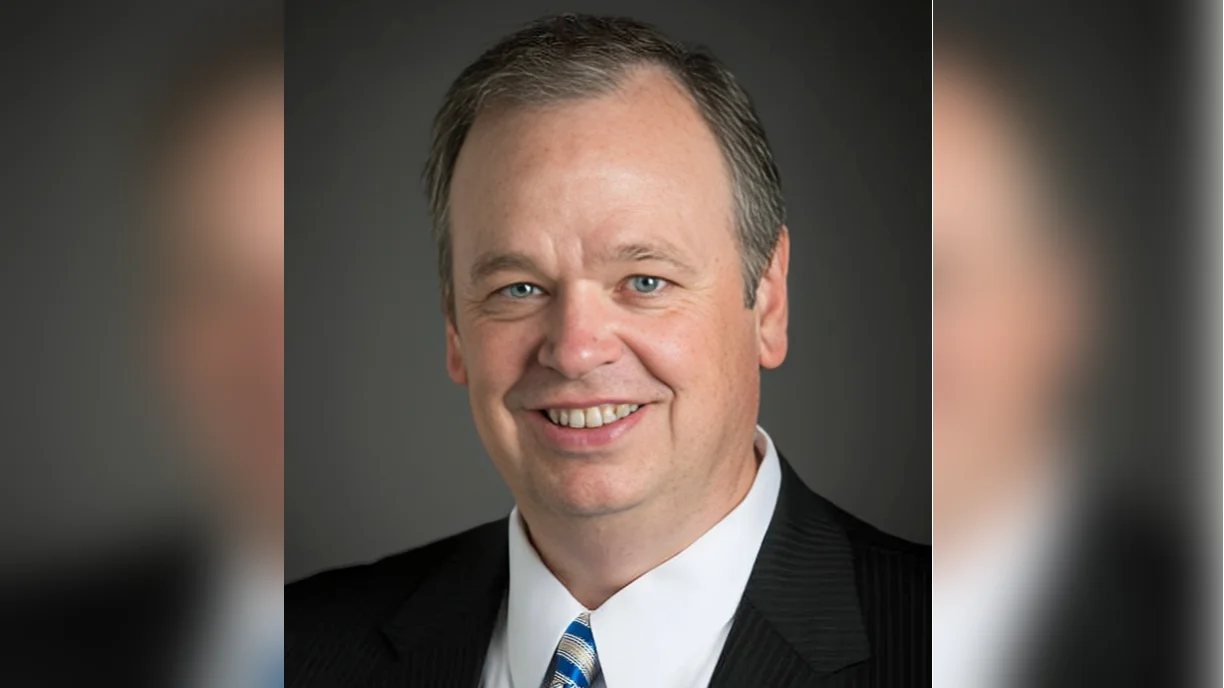
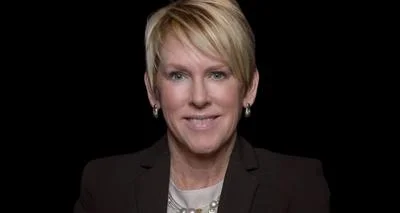
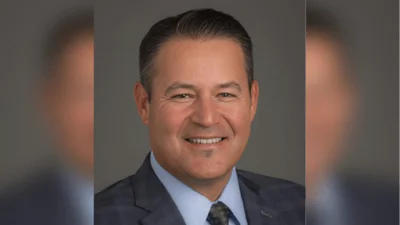

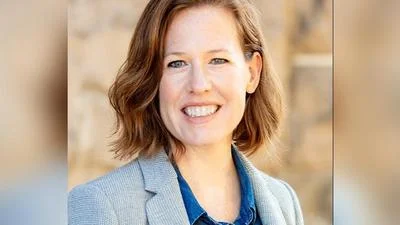
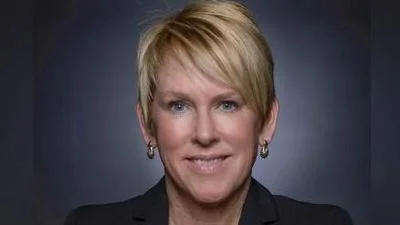
 Alerts Sign-up
Alerts Sign-up